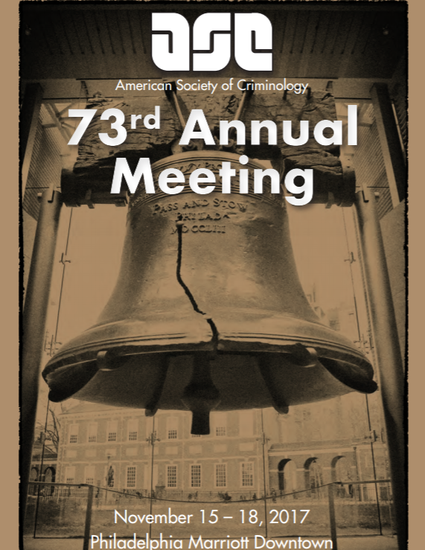
Presentation
Fatigue in Contingent Valuation: Implications from Willingness to Pay Surveys to Reduce White-Collar Crimes
American Society of Criminology 73rd Annual Meeting
(2017)
Abstract
Contingent valuation (CV) methods are used in many contexts to estimate non-tangible costs. In criminal justice, CV has been used to generate “costs of crime” for street, violent, and white-collar crimes (see, e.g. Cohen & Piquero, 2009; Cohen, 2010). These figures are then often used in cost-benefit analysis by governments when determining how to invest resources. However, recent criticisms of the method suggest that the numbers generated by CV surveys may not be reliable. This paper explores one contributing factor to the unreliability of these numbers, survey fatigue, using data from an open-ended CV survey in which respondents were asked the maximum they would be willing to pay (WTP) out of pocket to reduce crime. Specifically, how might fatigue affect values reported by respondents? Of particular interest is whether fatigue is related to specific individual factors (e.g., education, language, income), survey design characteristics, or a combination of the two. We use both quantitative and qualitative indicators to explore this phenomenon. Our results have important implications for policy makers and other consumers of contingent valuation studies.
Disciplines
Publication Date
November 17, 2017
Location
Philadelphia, PA
Citation Information
Maria Cristina Layana and Jacqueline G. Lee. "Fatigue in Contingent Valuation: Implications from Willingness to Pay Surveys to Reduce White-Collar Crimes" American Society of Criminology 73rd Annual Meeting (2017) Available at: http://works.bepress.com/jacqueline-lee/10/
